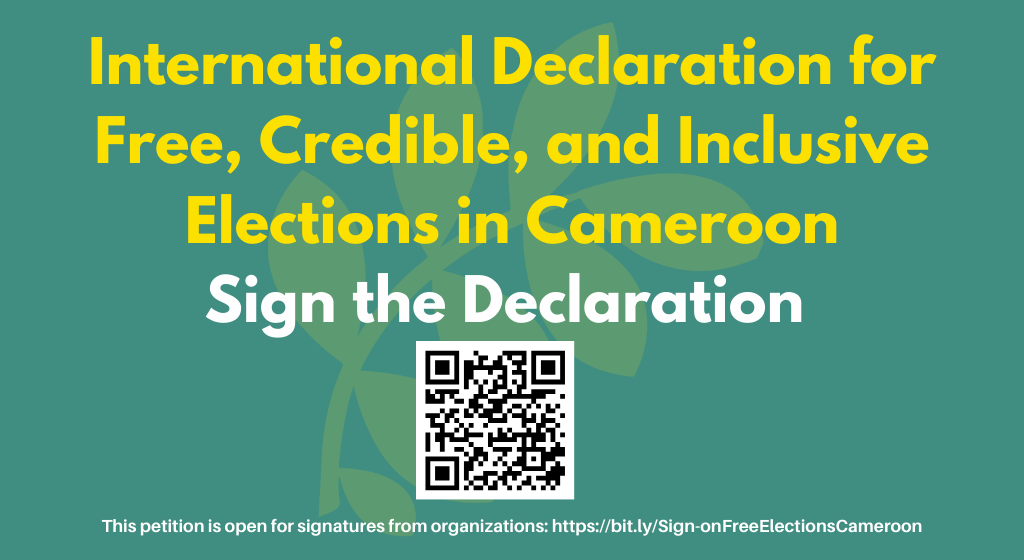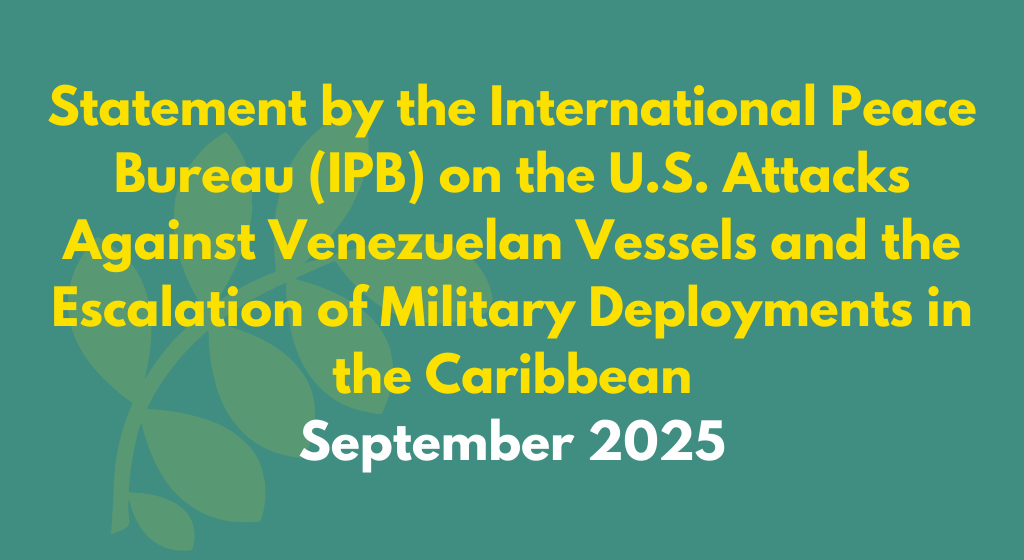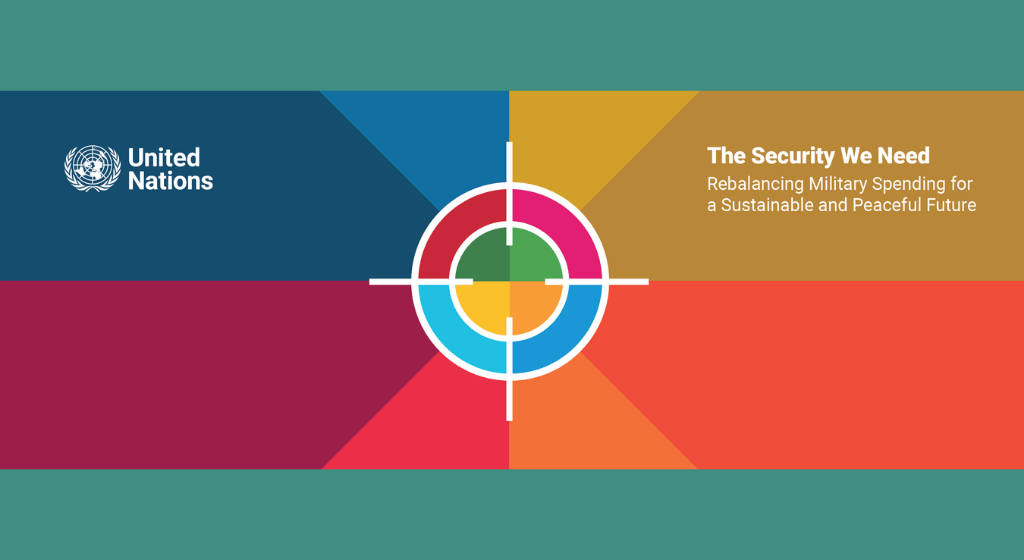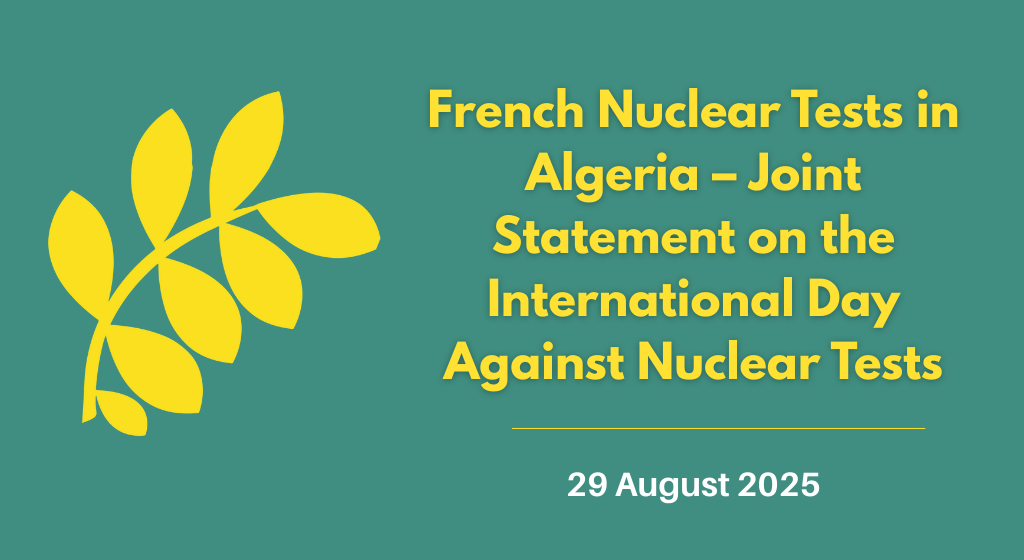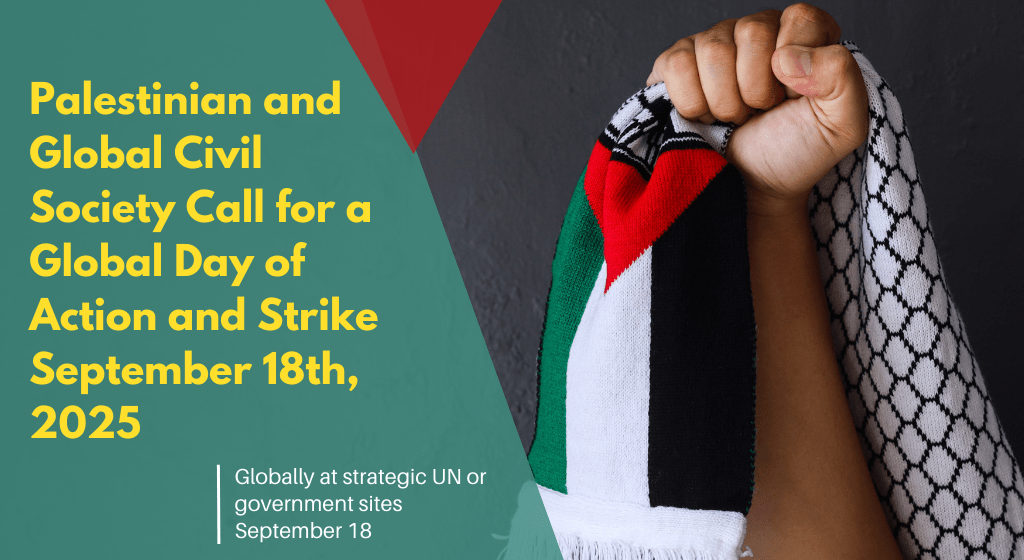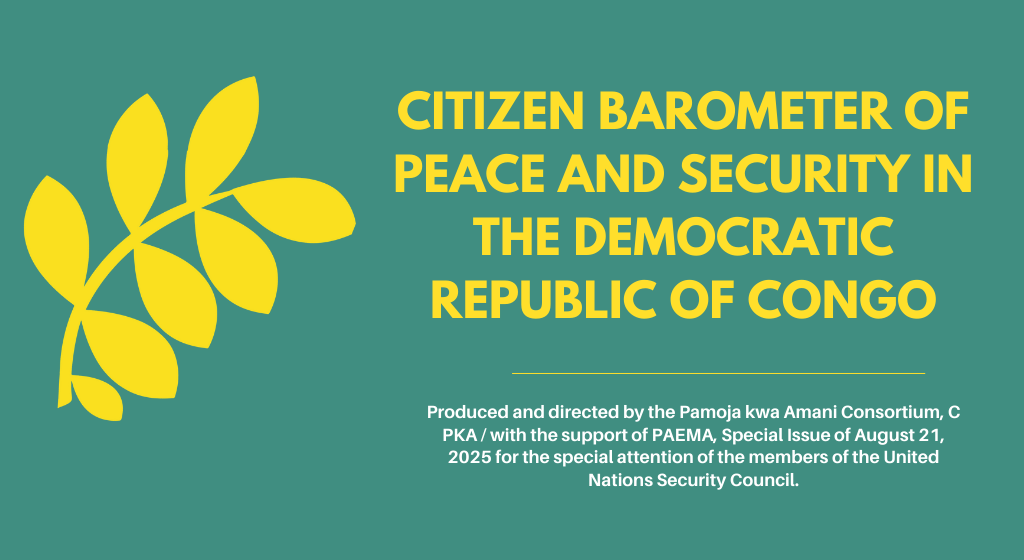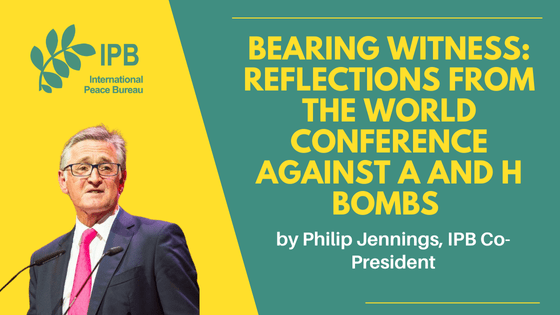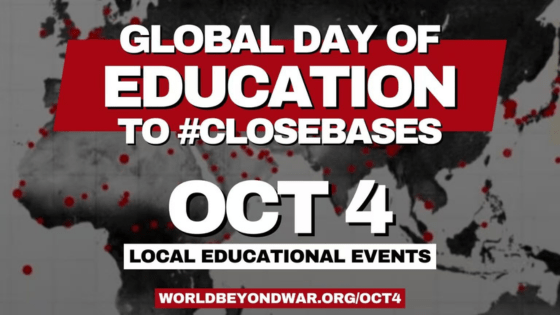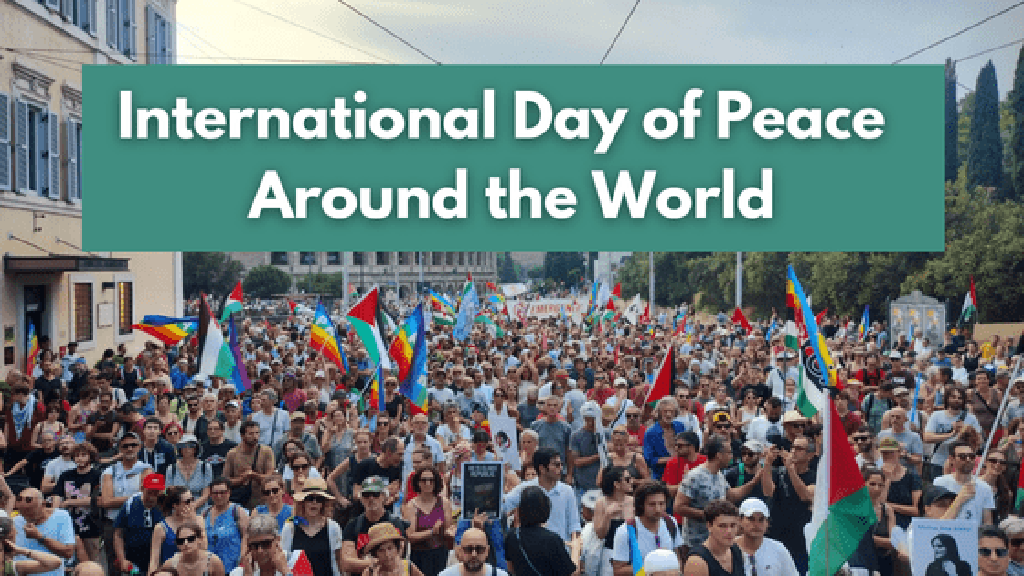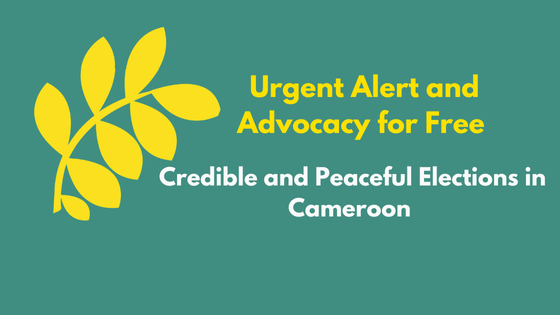We, international organizations and partners committed to democracy, human rights, the rule of law, and lasting peace, express our deep concern over the sociopolitical and security climate ahead of the presidential election scheduled for 12 October 2025 in Cameroon.
The country is experiencing a profound crisis marked among others by:
Continue reading “Sign On: International Declaration for Free, Credible and Inclusive Elections in Cameroon”
